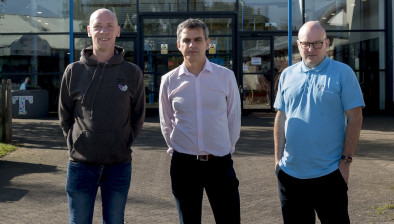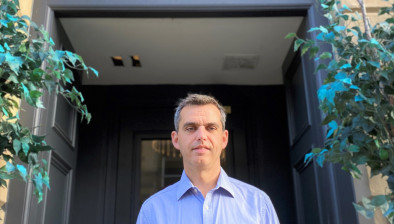Glasgow fintech to help combat financial crime in Peru

Glasgow-based fintech Altia-ABM has been chosen to provide software which will help the authorities in Peru combat financial crime.
The Minister Publico announced that it will utilise financial investigation technology and analysis software to accelerate complex financial investigations and strengthen its prosecutions service.
Altia-ABM sent a team to Peru to help its customers get the maximum benefit from its Investigation Toolkit and Financial Analysis Toolbar.
Rob Sinclair, chief operations officer for Altia-ABM, said: “This contract builds on our existing partnership with the National Crime Agency in the UK. Originally the NCA asked us to work with their network of international liaison officers to help combat serious and organised crime worldwide, which has a devastating impact in the UK.
“As part of this brief, we began supplying software and training investigators in Peru and Colombia over two years ago. Since then we have continued to work with law enforcement agencies and government departments to assist in their drive towards greater efficiency.
“We now have two reseller partners in the region and have translated our financial investigation products into Spanish, in addition to providing on the ground training and support to customers on an ongoing basis. We are now in discussion with organisations such as the Peruvian Police and the Unidad de Inteligencia Financiera, who have expressed an interest in our services.”
Lucía Nuñovero, manager of the office for strategic criminal analysis at the Ministerio Publico, said: “We chose Investigation Toolkit and Financial Analysis Toolbar due to Altia-ABM’s specialised focus on investigations management and because the products were recommended by the UK’s Crown Prosecution Service, based on their long relationship with Altia-ABM.
“The new software enables us to optimize the time spent by prosecutors and administrative staff and ensure that a higher proportion of cases result in prosecution. In the past, we have not been able to automate processes and have had to deal with huge volumes of paper-based data.
“The technology enables us to speed up our investigations, use our staff’s capabilities more effectively and create a robust, evidence-based case which is far more likely to result in a conviction.
“To be more specific it allows us to reduce by a considerable amount the time spent on organised crime cases that involve more than 30 or 40 suspects. For instance, investigations like these often take more than five months and involve several of our analysts to process the information. By using this software we can achieve a far more accurate result in just a month or six weeks.”








